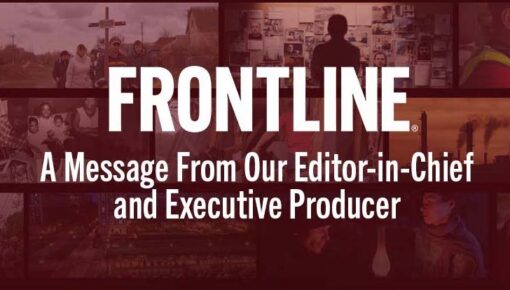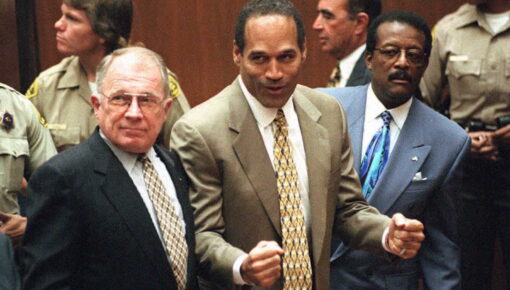NCAA Starts To Move on Player Financial Support

NCAA President Mark Emmert convened a two-day retreat yesterday in Indianapolis that includes 50-plus university presidents and other officials. While Emmert has insisted that that the retreat isn’t connected to any incidents in particular, high-profile controversies have been swirling around the Association and the agenda is widely assumed to include: the possibility of an increased GPA requirement for incoming freshman, the ethics scandals (in particular the resignation of Ohio State football coach Jim Tressel following a damning Sports Illustrated investigation) and financial support for players.
In fact, the headline coming out of Tuesday’s session was a proposal put forward that would allow individual conferences to decide on their own how much scholarship money to give athletes (thereby freeing those that can afford to to give more). In our interview with him for our March Madness film back in March, Emmert told us then that he’s vehemently against paying athletes: “…what would be utterly unacceptable is, in fact, to convert students into employees.” But, after our broadcast, he said he would be open to exploring increasing athletes’ financial aid.
He echoed those shifted sentiments yesterday. “There’s an absolute consensus that we will never move to pay-for-play. No one, including me, believes in paying collegiate athletes for playing sports. What we are interested in is seeing whether we can close the gap between the full cost of going to school and the stipend now.”
Many have questioned the NCAA and Emmert’s stance on financial support for players, whether in the form of scholarships or pay, in light of the huge sums of money the league takes in and pays its coaches.
“Everybody makes money here except the kids,” former sports marketing executive Sonny Vaccaro told us. “When the game’s over and they have the bad legs and the bad heads and some of them die, what do they have?” Sports economist Andrew Zimbalist argues that the people we’re watching on TV aren’t student-athletes at all: “You’re watching athletes who are pretending and trying to be students and meet certain rules and guidelines so that they can maintain their eligibility.”
The controversy reached the pinnacle of pop-culture satire in May when South Park aired an episode mocking the NCAA’s notion of a student-athlete by comparing it to slavery.




